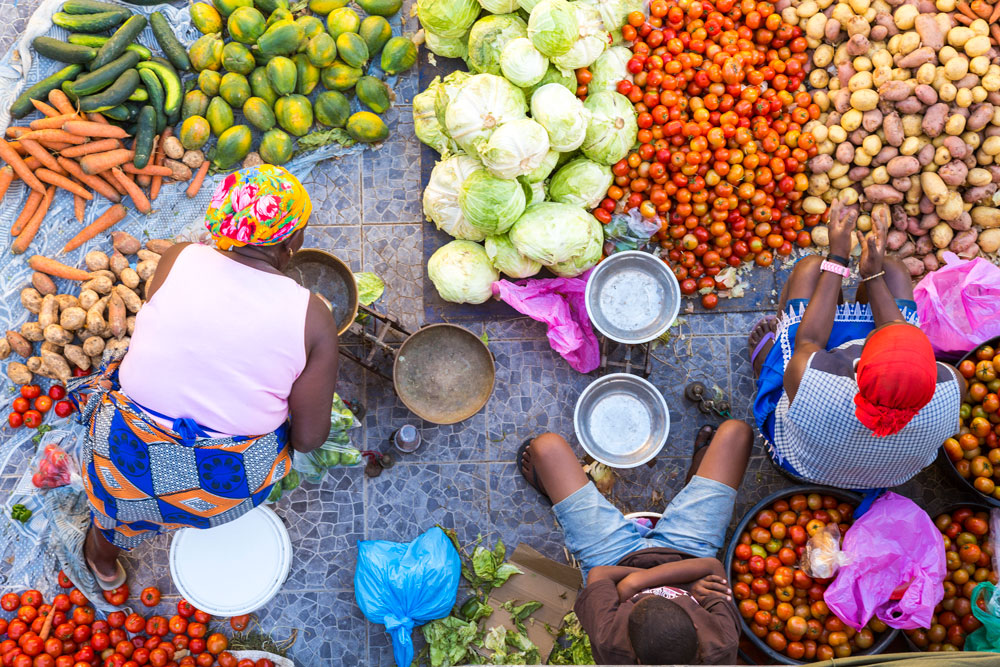During the InfoPoint Conference, the Agrinatura-led SASi-SPi will share preliminary findings of an ongoing study that uses a systemic approach to look at the fertilizers and soil health topics, with a focus on the following issues:
- While integrating agroecological approaches with synthetic inputs is essential, the optimal combination of fertilizer use and agroecological practices depends on local soil conditions. Agroecological practices are all the more necessary as the soil is degraded.
- The average productivity of fertilizer is greater in Africa than in the rest of the world. Some rebalancing would probably also yield aggregate environmental benefits.
- The key driver for increased and sustained productivity is the effective demand for food and its impact on crop profitability which ensures the incentives for farmers to invest in soil health and fertilizer. Therefore, supporting food demand and improving its connection with local or regional food supply through investment in infrastructure (e.g., ports, roads, soil laboratories, energy) serves farmers’ income and national food security.
This InfoPoint Conference will gather researchers, policy-makers, agri-food systems actors and look from a new perspective at the role of fertilizers in increasing agricultural productivity in sub-Saharan Africa: Why is their role in food security such a pressing and debated issue? What are the relevant agronomic, socio-economic, and policy challenges at stake? How do we deal with such challenges from a policy-making perspective? How evidence can be helpful to inform decision-making?
The challenges assessed in SASi-SPi research are prompting Africa to envision its own pathway for sustainable agri-food system development. African policymakers are undeniably grappling with these immense challenges as they determine the types of intensification suited to each context and explore diverse strategies to feed a growing population better.
African policymakers also weigh the short and long-term trade-offs of agri-food systems while addressing their impacts on sustainability. In this regard, SASi-SPi is developing an agri-food system approach where the often conflicting objectives, key sustainability issues and interactions of agri-food system components are considered.
Speakers
- Leonard MIZZI, Head of Unit, INTPA F3, Sustainable agri-food systems and Fisheries
- Christophe LAROSE, Head of Sector, INTPA F3, Sustainable agri-food systems and Fisheries
- FAO Representative
- Dr Godfrey BAHIIGWA, Director of Agriculture and Rural Development, African Union Commission
- Marie-Claire KALIHANGABO, Coordinator, African Fertilizers Financing Mechanism, African Development Bank
- Dr Million BELAY, General Coordinator, African Food Sovereignty Alliance
- Dr Tristan LE COTTY, Economist, CIRAD
